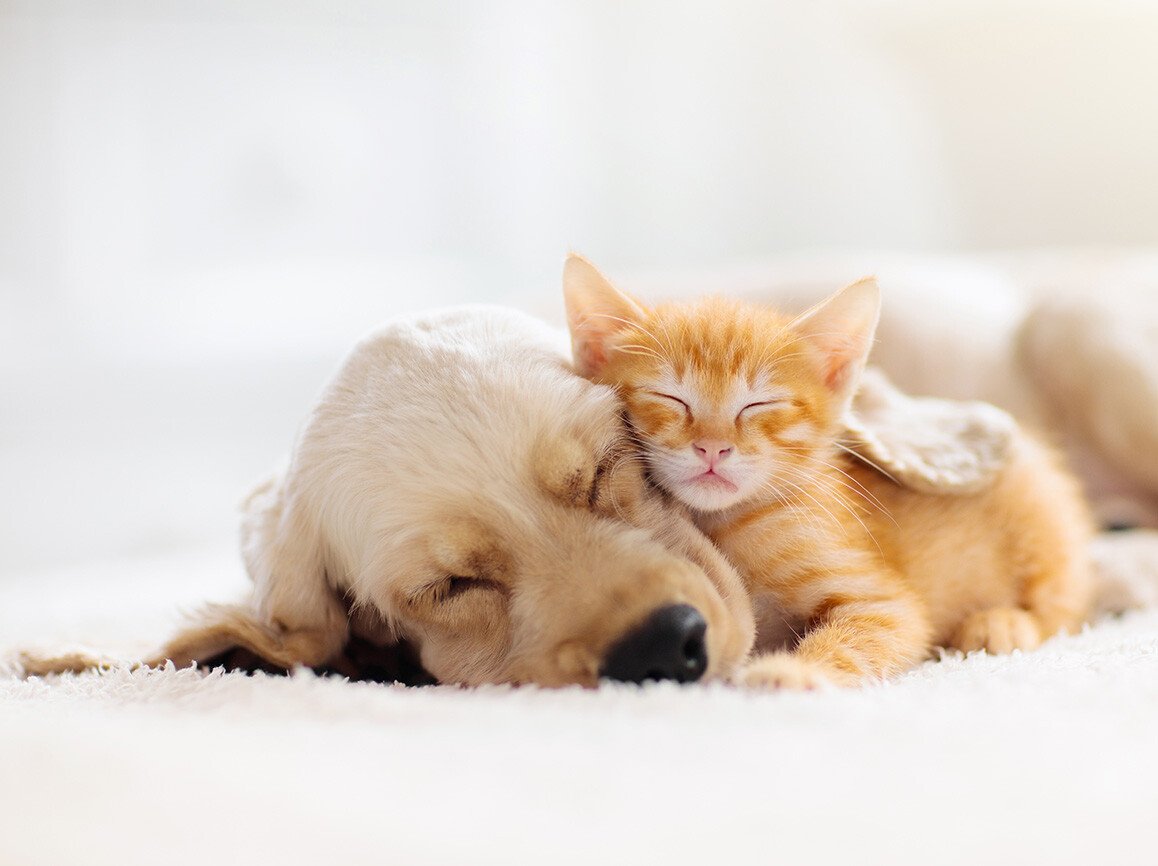Spaying/Neutering
Spaying and neutering are routine surgical procedures that prevent pets from reproducing while offering significant health and behavioral benefits. Spaying (for females) eliminates the risk of uterine infections and reduces the chances of mammary tumors, while neutering (for males) lowers the risk of testicular cancer and prostate issues. These procedures can also help reduce unwanted behaviors such as roaming, aggression, and marking. By choosing to spay or neuter your pet, you're contributing to their long-term well-being while also helping to control the pet population.
Biopsies
When your pet has an unusual lump, bump, or abnormal tissue, a biopsy helps us get answers. This procedure involves taking a small tissue sample, which is then sent to a lab for analysis to determine if it’s benign, cancerous, or something else entirely. Biopsies are crucial for diagnosing conditions early so we can create the best treatment plan for your pet. While the thought of a biopsy might be nerve-wracking, our team ensures the process is as smooth and stress-free as possible for both you and your pet.
Soft Tissue Surgery (Mass Removal, Hernia Repair)
Soft tissue surgeries cover a variety of important procedures, including removing masses (tumors, cysts, or growths) and repairing hernias. If your pet has a suspicious lump, we may recommend removal to prevent discomfort or potential health risks. Hernias, on the other hand, occur when internal organs push through weakened muscles and usually require surgical correction to prevent complications. Whether it’s a minor growth or a more complex repair, our experienced team takes every precaution to keep your pet safe and comfortable throughout surgery and recovery.
Gastropexy Surgery
Gastropexy is a life-saving procedure that helps prevent gastric dilatation-volvulus (GDV), also known as bloat—a serious and potentially fatal condition in large, deep-chested dogs. During the surgery, we secure the stomach to the abdominal wall, preventing it from twisting on itself. This procedure is often performed alongside spaying or neutering in at-risk breeds to proactively safeguard their health. If you have a Great Dane, German Shepherd, or another deep-chested breed, gastropexy is a smart preventive step to keep them safe from this emergency condition.
Foreign Body Surgery
Pets are naturally curious, and sometimes that curiosity leads them to swallow things they shouldn’t—like toys, socks, or bones. When objects get stuck in the stomach or intestines, they can cause dangerous blockages that require surgical removal. Symptoms of a foreign body obstruction include vomiting, loss of appetite, and abdominal pain, and in many cases, emergency surgery is needed to prevent life-threatening complications. At King Animal Clinic, we use advanced diagnostics and surgical techniques to safely remove foreign objects and help your pet recover as quickly as possible.

.jpg?width=800&height=800&name=puppy%20exam%20in%20exam%20rood%20(1).jpg)


